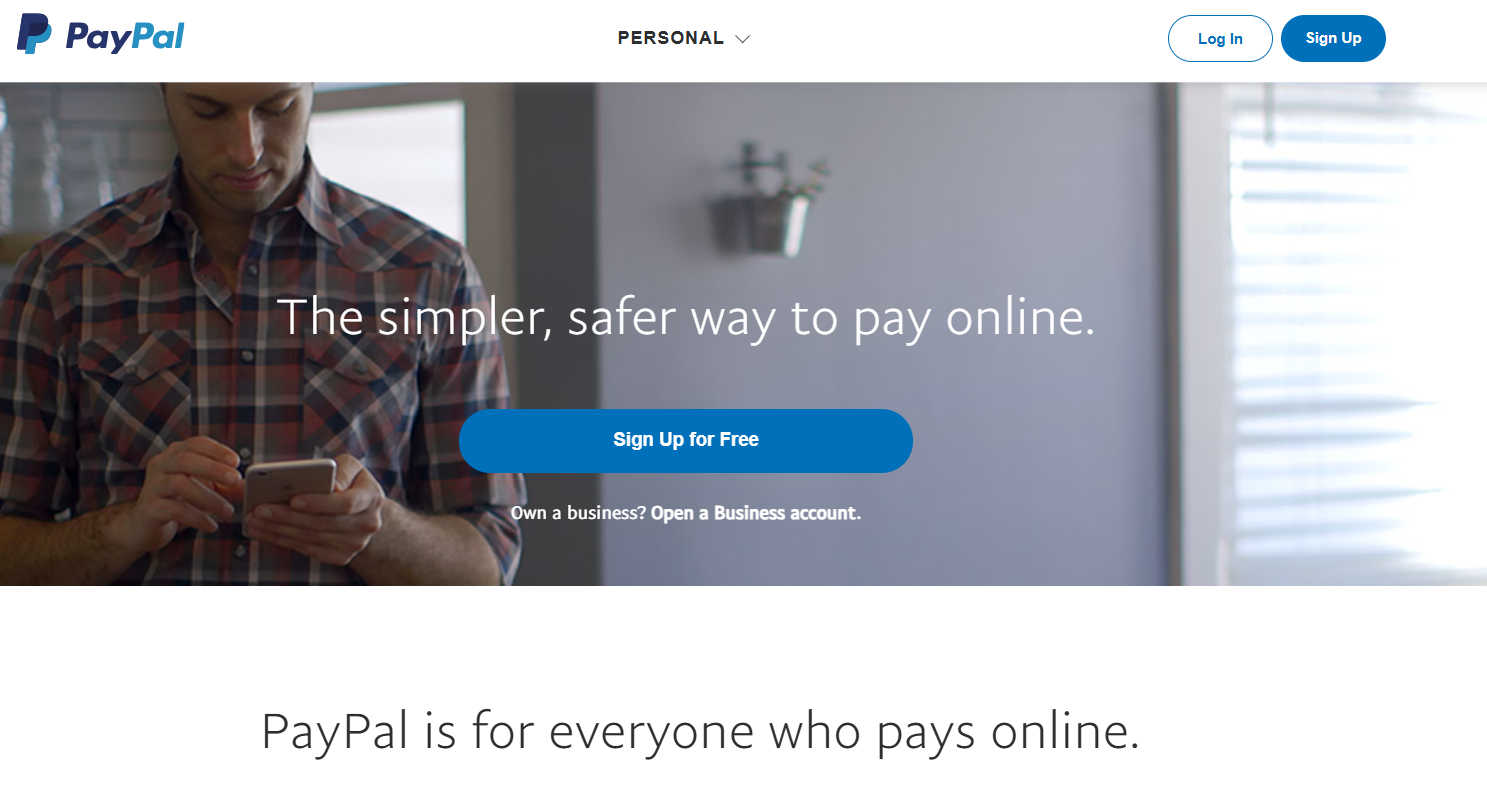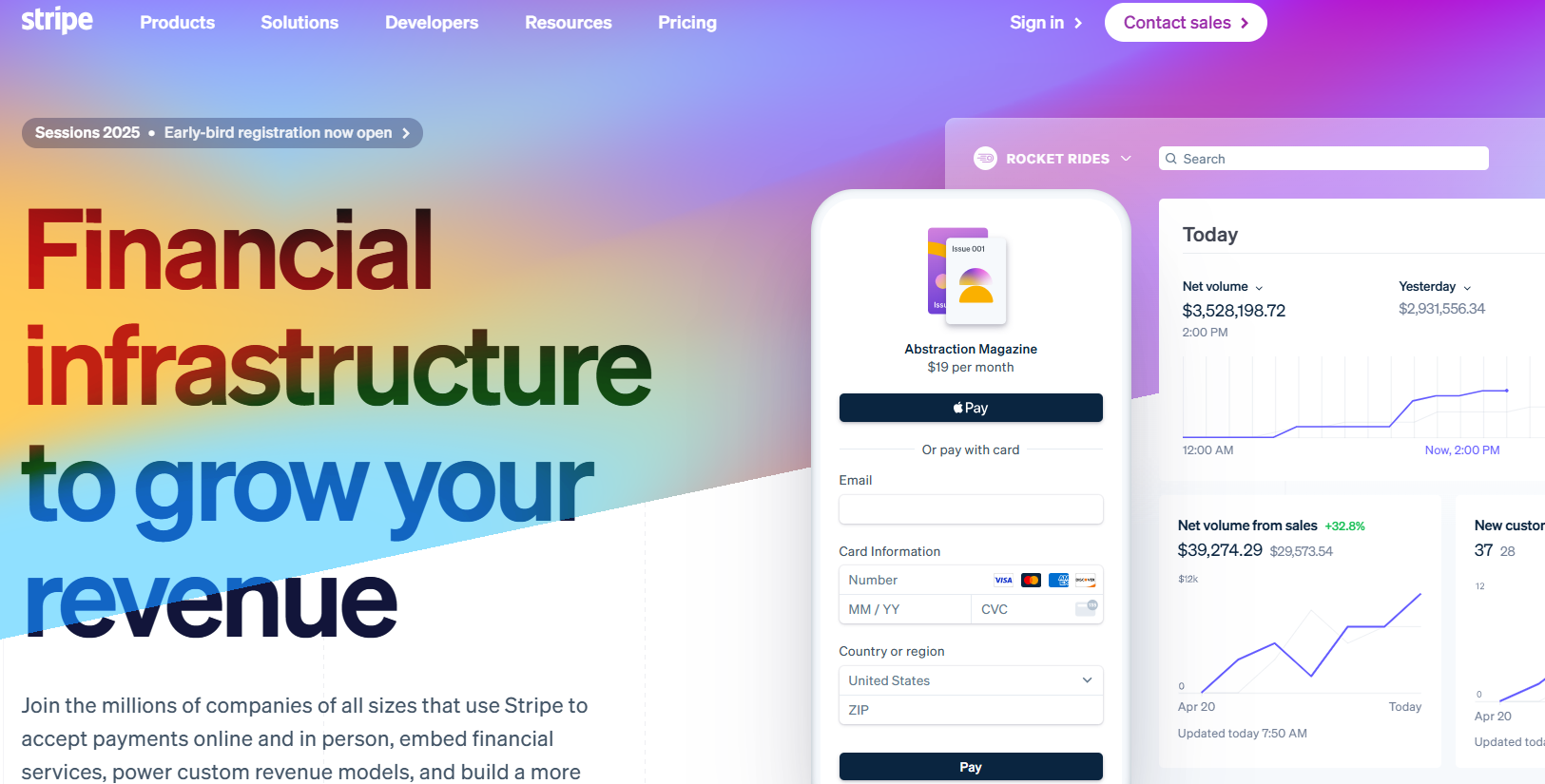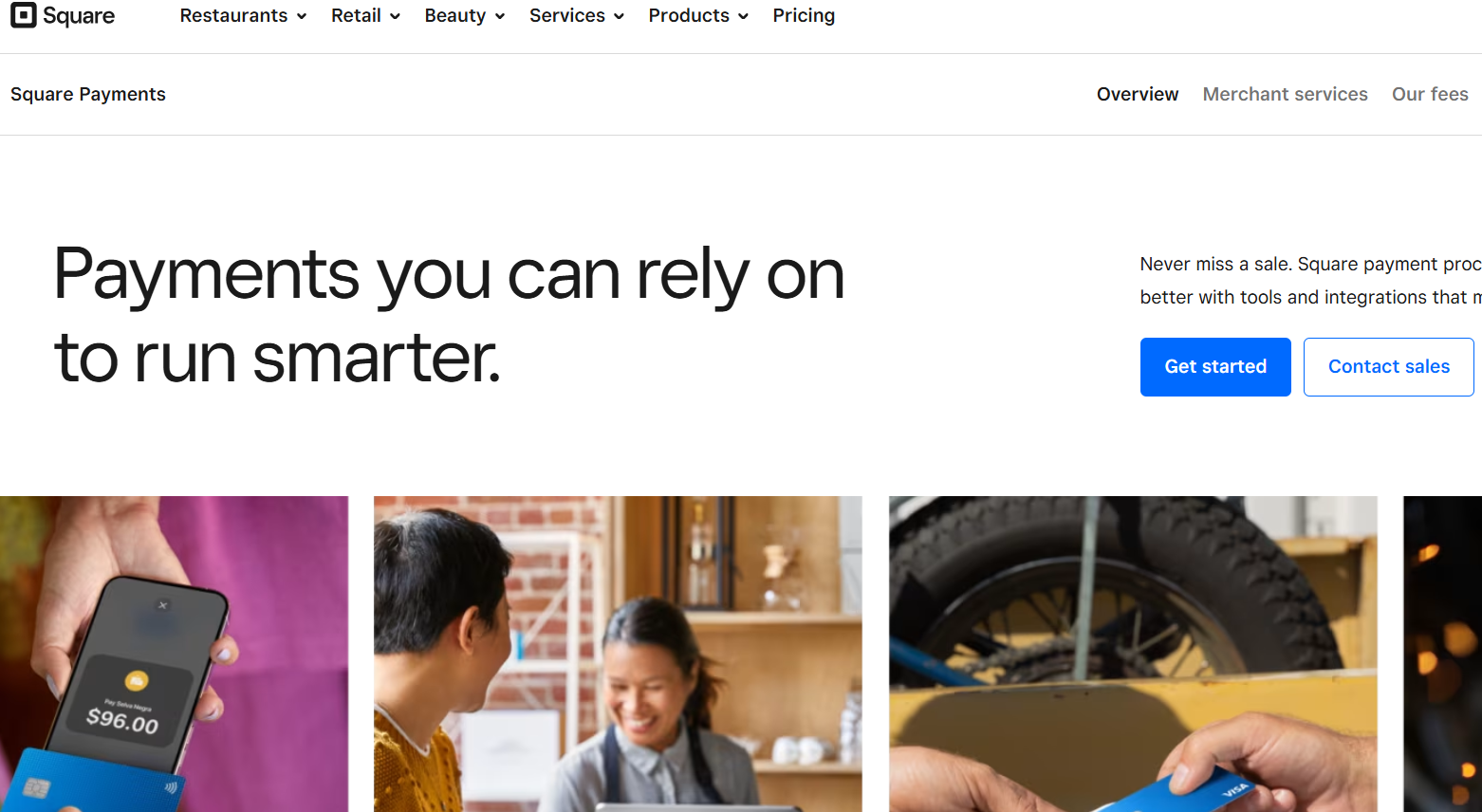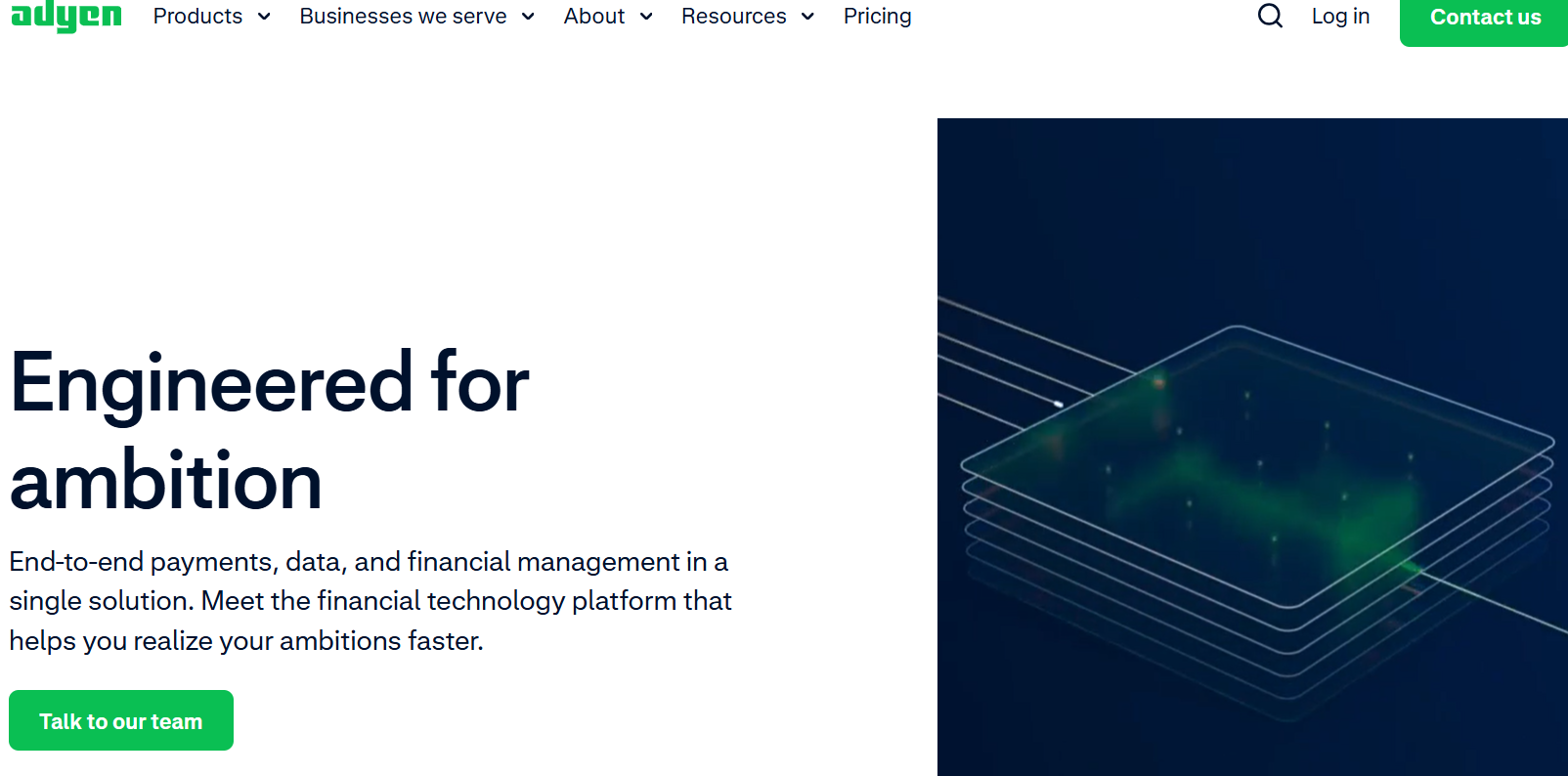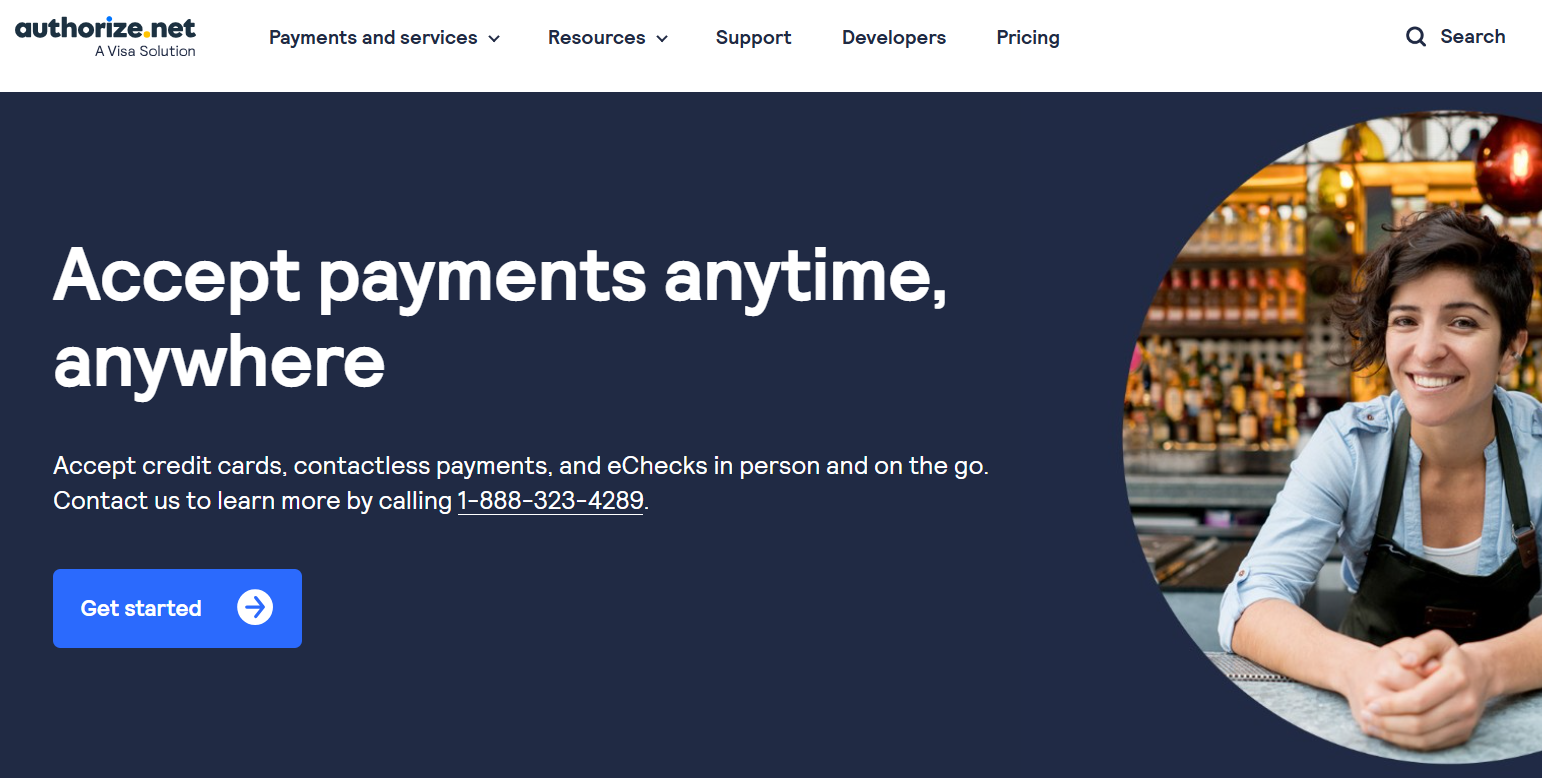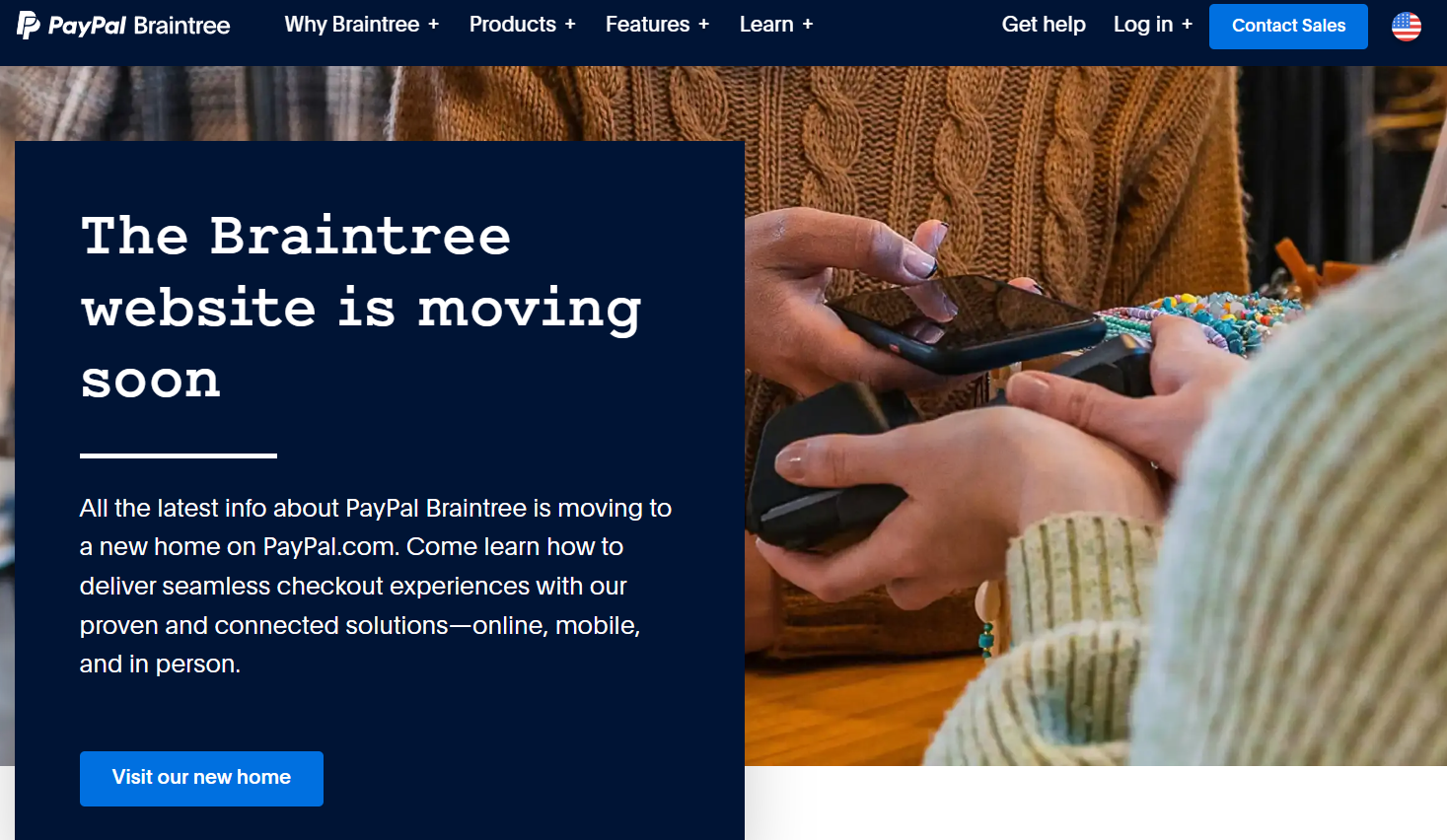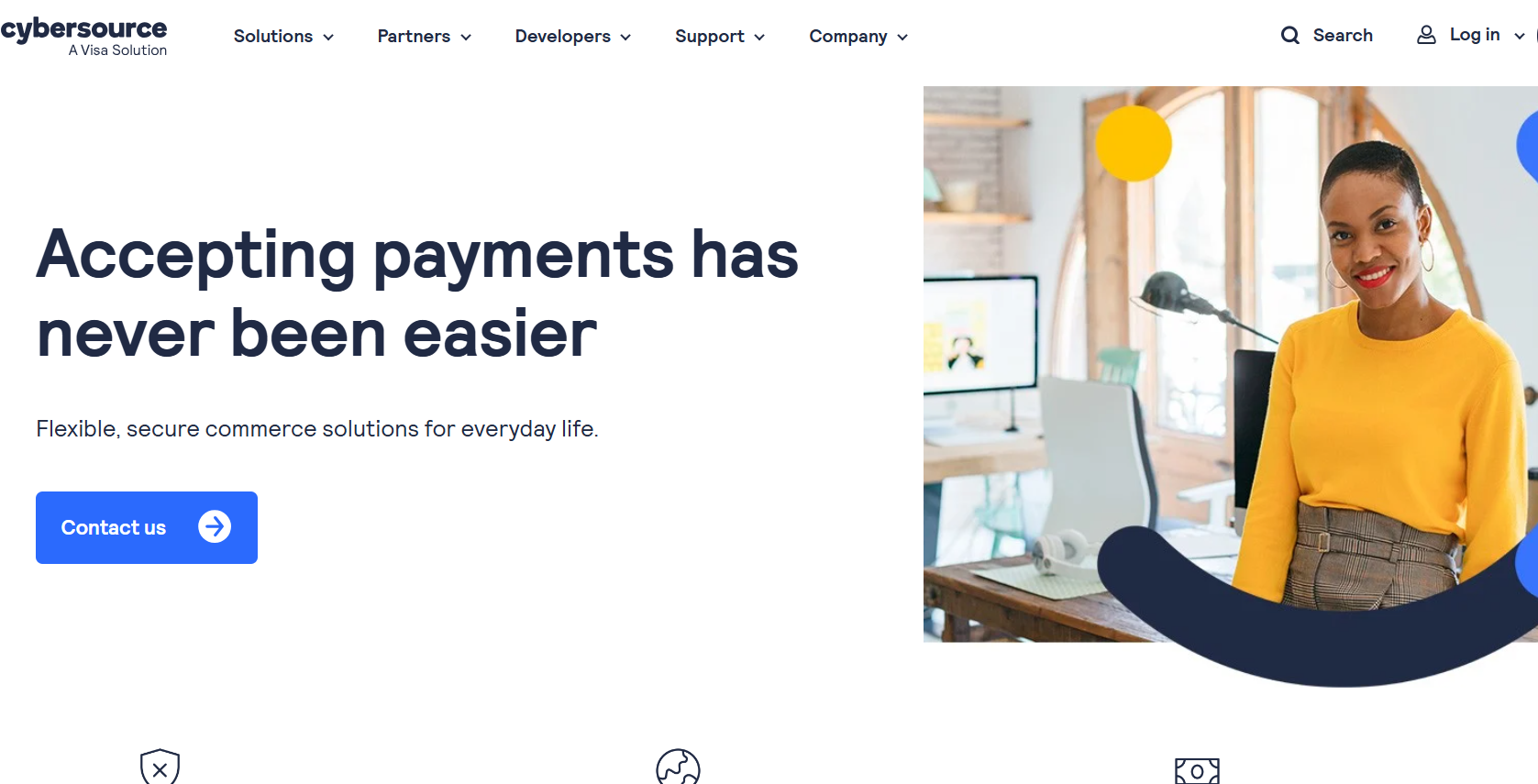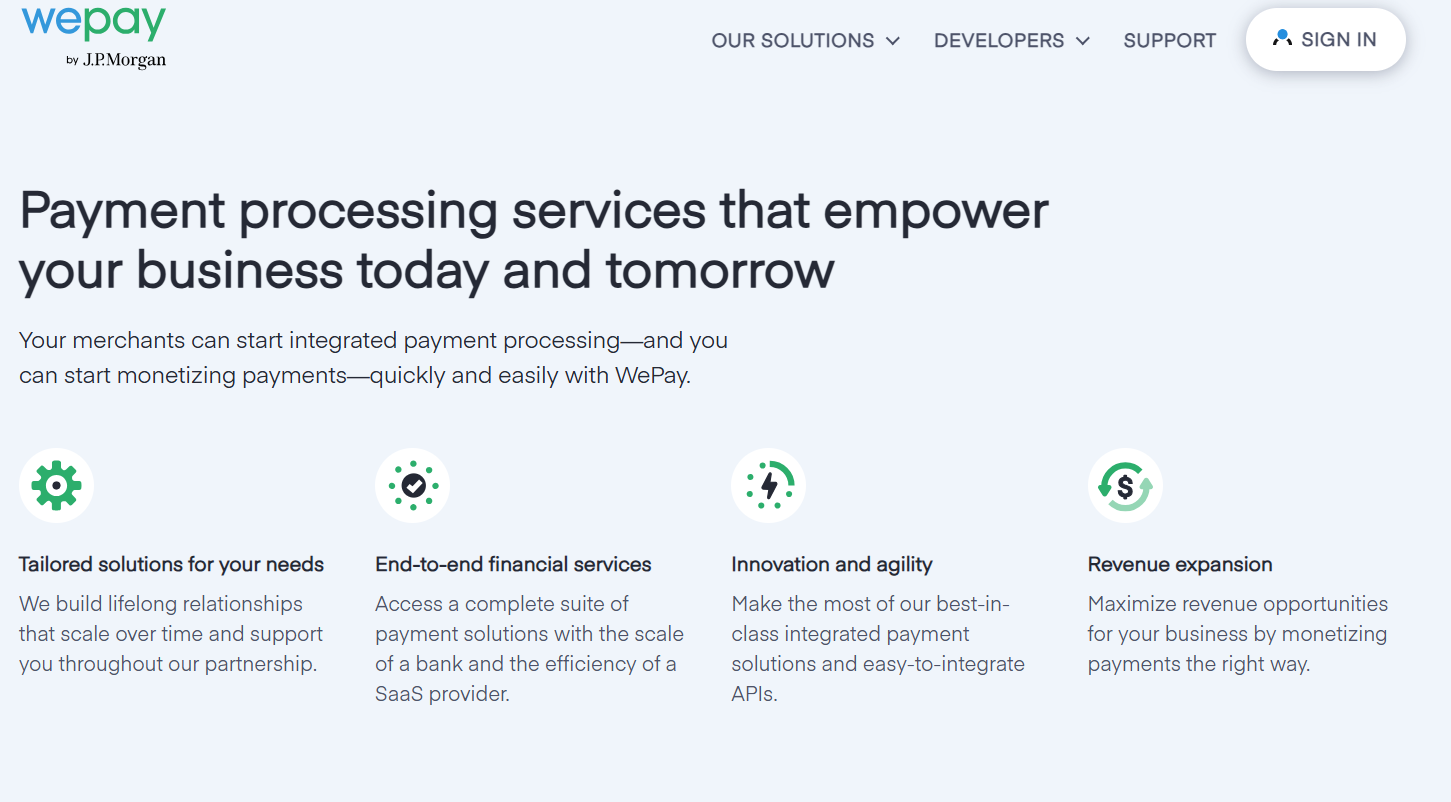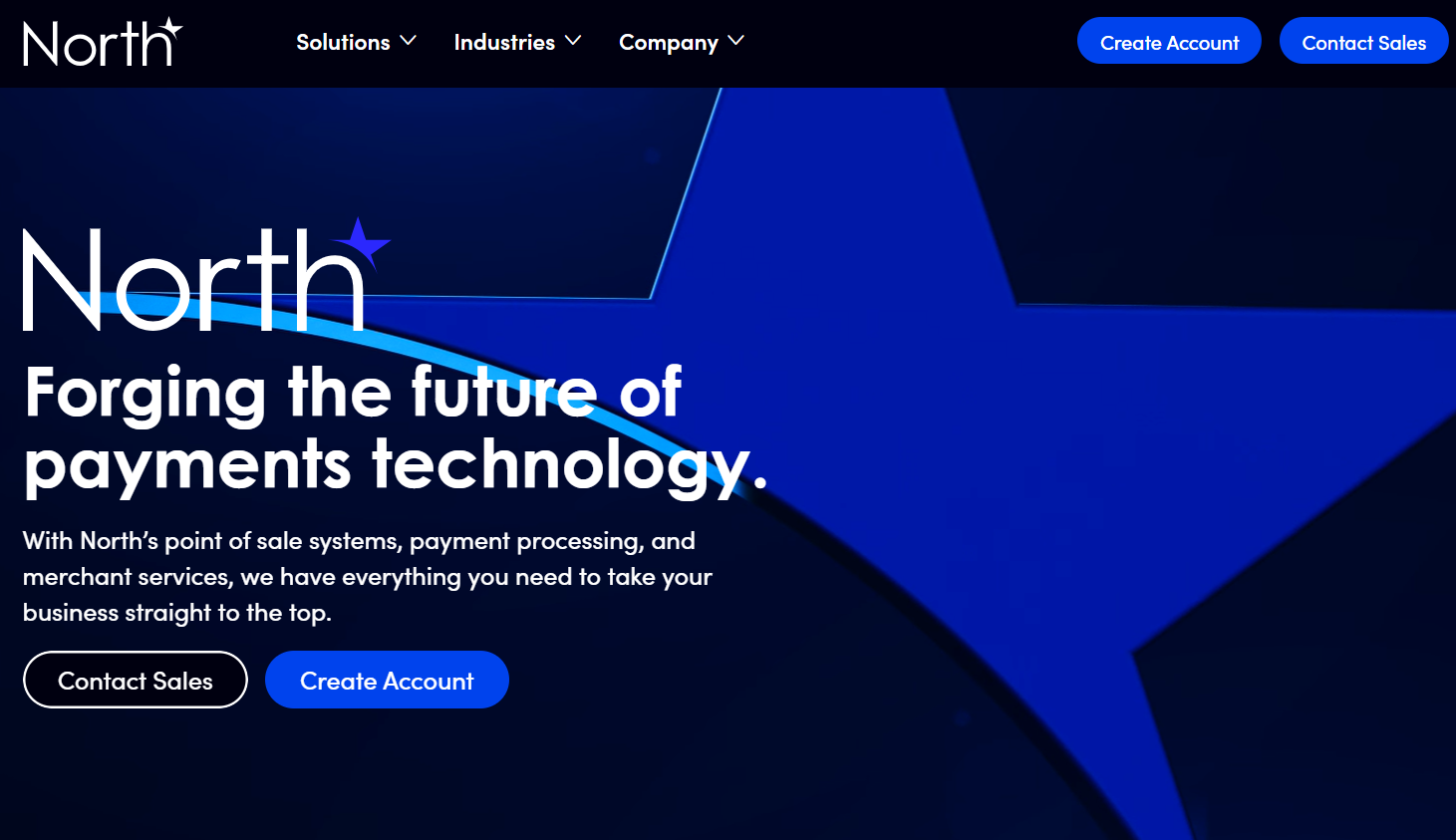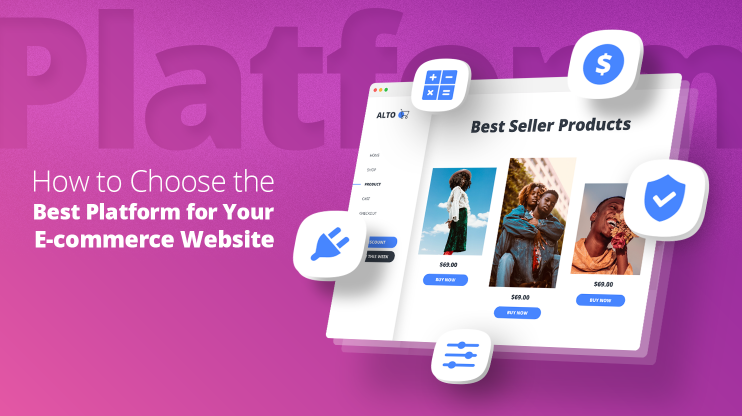Are you wondering what a third-party payment gateway is and if you need it? Let’s discuss how these gateways have transformed online transactions for ecommerce businesses.
In this article, we will discuss the benefits, features, and best practices for integrating third-party payment gateways into ecommerce sites to drive transactions and improve customer satisfaction. Opportunities in this market are substantial as businesses increasingly prioritize online payment convenience and security. Using a third-party payment gateway lets companies reach more customers, streamline payments, and boost conversions—essential benefits in today’s competitive online market.
FAQ
What is a third-party payment network?
What is an example of a third party payment?
How do payment gateways work?
What are the benefits of using processors?
Are there fees for using these services?
How secure are external payment platforms?
What's the difference between gateways and processors?
How to choose the right payment provider?
Do these services support international transactions?
Are there alternatives to PayPal for online payments?
What is a third-party payment gateway?
A third-party payment gateway is a service that helps businesses take payments online. It acts as a go-between for the customer, the business, and the banks involved. When you buy something online, the payment gateway checks your card info and moves the money from your account to the seller’s account.
Third-party payment gateways allow businesses to accept online payments without setting up their own systems or directly dealing with banks. They manage the complexities of processing transactions and securing customer data, making it easier and more cost-effective for businesses, especially small or new ones, to start selling online.
Key features
Third-party payment gateways have several useful features:
- They accept many types of payments like credit cards, debit cards, and e-wallets.
- They keep customer data safe with strong security measures.
- They work on different devices like computers, phones, and tablets.
- They can handle payments in different currencies.
- They often provide tools to help track sales and manage refunds.
These features help businesses run smoothly and give customers a good shopping experience.
Who needs a third-party payment gateway?
Many types of businesses can benefit from using a third-party payment gateway. Online stores looking to sell products on their websites, small businesses that can’t afford to build their own payment systems, and companies that sell to customers in different countries all find these gateways useful. Businesses that require recurring payments, like subscription services, also rely on third-party gateways. Even larger companies often use them for their reliability and time-saving features. If you run a business and want to accept payments online, a third-party payment gateway could be an ideal solution.
What to look for in a third-party payment gateway?
When choosing a payment gateway, you need to look at several key factors. These include how well the gateway performs, its security measures, how much you can customize it, and what kind of support you get. Let’s break down each of these areas.
Assess performance metrics
Speed: To pick the best payment gateway, check how fast it processes payments. Look at the average time it takes to complete a transaction. This can range from a few seconds to several minutes. You also want to know how often the gateway is up and running. The best ones have 99.9% uptime or more.
Transactions: Check the gateway’s ability to handle a large number of transactions at once. This is key if you have a busy online store. Some gateways can process hundreds of transactions per second, but others might slow down during peak times.
Fees: Look at the fees too. Gateways often charge a small percentage of each sale plus a fixed fee. These costs can add up, so compare different options. Some gateways offer better rates for high-volume sellers.
Security standards
Security is a top concern for online payments. Look for gateways that use strong encryption to protect data. The current standard is 256-bit encryption, which makes it very hard for hackers to steal info.
Check if the gateway is PCI DSS compliant. This is a set of security standards for handling credit card data. A compliant gateway helps keep your customers’ info safe.
Two-factor authentication is another important feature. It adds an extra layer of security when people log in. Some gateways also use machine learning to spot fraud. They can flag unusual transactions before they go through. Look for gateways that offer tokenization. This replaces sensitive card data with a unique code. It’s a great way to keep customer info safe during transactions.
Customization
Different businesses need different features. Some gateways let you change how the checkout page looks. This helps it match your website’s style. You can often add your logo and change colors. Check if you can set up recurring payments. This is useful for subscription services. Some gateways also let you create invoices or set up payment plans.
Look at the types of payments the gateway accepts. Most handle credit and debit cards. Some also take digital wallets like PayPal or Apple Pay. If you sell globally, check if the gateway supports multiple currencies.
Integration with your website or app is key. Some gateways have simple plugins for common platforms. Others offer APIs for custom integrations. Make sure the gateway works with your current systems.
Support and service levels
Good support can make a big difference when you have issues. Check what kind of help each gateway offers. Some have 24/7 phone support. Others mainly use email or chat.
Look at response times for support requests. The best gateways aim to answer quickly, often within minutes or hours. See if they have a knowledge base or FAQ section. This can help you solve simple problems on your own.
Some gateways offer dedicated account managers. This can be helpful if you process a lot of payments. They can give you personalized advice and help. Check user reviews to see how happy other customers are with the support. Look for comments about how helpful and friendly the support team is. This can give you a good idea of what to expect.
Looking to sell online? Develop and launch your store with 10Web AI Ecommerce Website Builder.
Create your online store in minutes!
Top 9 third-party payment gateways
To choose the right payment solution for your business, it’s essential to consider the top third-party payment gateways.
Paypal
PayPal lets you send and receive money for online shopping, business transactions, and personal transfers. It offers a payment gateway called Payflow, which connects with various merchant accounts, banks, and shopping carts. Known for its wide acceptance and ease of use, PayPal is trusted worldwide and provides buyer protection for eligible purchases.
However, PayPal’s fees can be high for certain transactions, and account holds can be frustrating. Personal transfers are often free, but business accounts pay a percentage fee per transaction. With its versatility and global reach, PayPal is ideal for small businesses, online sellers, and individuals who need international payment solutions.
| Pros | Cons |
|---|---|
| Widely accepted | Can have high fees |
| Easy to use | Possible account freezes |
| Offers buyer protection | Customer service issues |
Stripe
Stripe processes credit and debit cards, as well as digital wallets, on websites or apps, handling security and compliance so you don’t have to. It’s easy to set up and integrate, with clear documentation and libraries for many programming languages. Supporting over 135 currencies, Stripe is ideal for businesses selling worldwide, and it offers extra features like subscription billing and invoicing.
However, Stripe’s fees can be high for small businesses, and pricing can sometimes be unclear, with extra costs for certain features. Most online transactions start at 2.9% + $0.30, with no monthly fees on the basic plan. Stripe is a flexible option for businesses looking for a scalable, customizable payment system with advanced capabilities.
| Pros | Cons |
| Easy to set up and use | Fees can be high for small businesses |
| Supports many currencies | Pricing can be complex |
| Offers advanced features | Some features cost extra |
Square
Square handles both in-person and online transactions. It’s easy to set up, even for beginners, and includes a free card reader for in-person payments and a virtual terminal for online sales. With transparent pricing and no monthly fees or contracts, Square charges a flat rate per transaction, making it ideal for small businesses or those with fluctuating sales.
Square offers features like inventory management, sales reporting, and customer tools accessible through its dashboard or app. However, some users report account stability issues, such as fund holds. Pricing starts at 2.6% + $0.10 for in-person payments and 2.9% + $0.30 for online transactions, with custom rates for high-volume businesses.
| Pros | Cons |
|---|---|
| Easy setup and use | Potential account stability issues |
| Transparent pricing | Higher fees for some transaction types |
| Versatile features | Limited customization options |
Adyen
Adyen offers a range of services for businesses, including online payments, in-app transactions, and recurring billing. It supports major payment methods like Visa, Mastercard, American Express, and Discover, providing customers with multiple ways to pay. Adyen’s global reach allows businesses to accept payments worldwide and handle various currencies and local payment methods.
Adyen includes real-time fraud prevention tools, ensuring secure transactions. However, it can be expensive for smaller businesses and may take time to set up. Pricing varies by business type and volume, so you’ll need to contact them for a quote. Adyen is best suited for medium to large businesses with complex payment needs or international sales.
| Pros | Cons |
|---|---|
| Supports many payment methods | Can be expensive for small businesses |
| Global payment processing | Setup process can be complex |
| Strong fraud prevention tools | Pricing isn’t transparent |
Authorize.Net
Authorize.Net is a well-known payment gateway that supports credit card and digital payments for online and in-person businesses. It offers two main options: an all-in-one solution with a payment gateway and merchant account, ideal for new businesses, and a gateway-only option for those with an existing merchant account.
Authorize.Net includes tools for secure transactions and fraud protection and supports multiple currencies, making it great for international sales. Pricing varies; the all-in-one option includes transaction and monthly fees, while the gateway-only plan has a lower monthly cost but excludes a merchant account.
| Pros | Cons |
|---|---|
| Works for online and in-person sales | Can be pricey for small businesses |
| No long-term contracts | Setup can be complex |
| Good fraud protection tools | Customer service could be better |
Braintree
Braintree supports online, mobile, and in-person payments, making it easy to integrate with popular ecommerce platforms and shopping carts. It accepts various payment methods, including credit cards, debit cards, digital wallets, and PayPal, giving customers multiple payment options.
Braintree’s developer-friendly platform offers tools for customizing the checkout experience. However, some users report issues with customer service and slow fund settlements, and its pricing structure can be unclear. Fees are typically around 2.9% + $0.30 per transaction, varying based on volume and payment type.
| Pros | Cons |
|---|---|
| Wide range of [payment options](https://10web.io/blog/payment-gateway-design/) | Complex pricing structure |
| Easy integration with ecommerce platforms | Customer service issues reported |
| Developer-friendly tools | Potential delays in fund settlements |
Cybersource
Cybersource, a global payment platform owned by Visa, offers secure payment solutions for businesses of all sizes. It enables worldwide payment processing and connects with many banks and card networks, allowing transactions in various countries and currencies. The platform supports online and mobile app payments and includes tools for fraud prevention and data security.
Cybersource processes payments quickly and securely by connecting with the customer’s bank for approval. The platform’s strong security features and global reach make it ideal for businesses aiming to expand internationally. Pricing depends on your business needs, so you’ll need to contact them for a quote.
| Pros | Cons |
| Global payment processing | Can be complex for small businesses |
| Strong fraud protection | Pricing not publicly available |
| Works with many payment types | May require technical skills to set up |
WePay
WePay allows businesses to securely process online payments, including credit card transactions. It integrates easily with various software platforms, making it simple to add to your website or app. WePay also offers strong fraud protection for added security.
However, WePay may not be the best choice for very small businesses, as it works best when used through a partner platform. Pricing details are not published, so you’ll need to contact them for specific rates. WePay is ideal for platforms and marketplaces with many sellers, as it can handle complex payment needs.
| Pros | Cons |
|---|---|
| Easy integration with platforms | Limited standalone options |
| Strong fraud protection | Pricing not publicly available |
| Good for complex payment setups | May not suit very small businesses |
North Payments
North provides payment processing solutions for businesses of all sizes, supporting both online and in-person transactions. Their platform includes tools for managing payments, invoices, chargebacks, and analytics, as well as point-of-sale systems for in-store payments. North’s goal is to make payments fast and smooth for customers.
North also focuses on security, offering fraud prevention tools and options to manage employees and inventory. Pricing is not listed publicly, so you’ll need to contact them for details. North is a solid choice for businesses looking for an all-in-one payment solution that supports multi-channel sales.
| Pros | Cons |
| All-in-one payment solution | Pricing not listed on website |
| Supports online and in-store payments | May be complex for very small businesses |
| Includes fraud prevention tools | Less known compared to some competitors |
Ways to integrate a third-party payment gateway
Connecting a payment gateway to your website involves two main approaches. You can use API integration for more control or plugin integration for simpler setup. Both methods let you accept online payments from customers. Let’s discuss each separately.
API integration
API integration gives you direct access to the payment gateway’s functions. You’ll need to write code that sends payment data to the gateway and handles responses. This takes more time but offers flexibility.
To start, sign up for a developer account with the gateway. They’ll give you API keys to use in your code. Read the API docs to learn how to format requests and process responses. Test your integration in a sandbox environment before going live.
API integration works well for custom checkout flows. You can add features like saved cards or subscription billing. But it needs more technical know-how than other options.
Plugin integration
Plugin integration is faster and easier than using APIs. Many ecommerce platforms have pre-built plugins for popular payment gateways. You can add these to your site with a few clicks.
To set up a plugin, install it on your site. Enter your gateway account details in the settings. The plugin handles passing payment info to the gateway. It also shows payment forms to customers. Plugins work best with standard checkouts. They may limit your ability to customize the payment flow. But they’re a good choice if you want a quick setup without coding.
Test the plugin thoroughly before using it with real payments. Make sure it fits your needs and works well with your site design.
Service fees and pricing models
Payment gateways use different fee structures and pricing models. These can impact your business costs and profits. Let’s look at the main types of fees and charges you might encounter.
Transaction fees
Most gateways charge a fee for each payment they process. This usually includes a percentage of the sale amount plus a fixed fee. For example, you might pay 2.9% + $0.30 per transaction. Some gateways have different rates for card-present and online payments. Debit cards often have lower fees than credit cards.
Rates can vary based on your business type and sales volume. High-risk industries like gambling or adult content may face higher fees. Large businesses that process many payments can often get better rates.
Some gateways offer flat-rate pricing. This means you pay the same fee no matter what type of card is used.
Monthly service charges
Many payment gateways charge a monthly fee to use their service. This is on top of per-transaction fees. Monthly fees can range from $10 to $100 or more. The exact amount often depends on the features and support you need. Some gateways waive monthly fees if you process a certain amount of sales each month. Others may have tiered pricing plans with different monthly costs and features.
Be sure to compare the total cost of monthly fees and per-transaction fees when choosing a gateway. A lower monthly fee might not save you money if the per-transaction fees are high.
Hidden costs identification
Watch out for extra fees that aren’t clearly listed upfront. These can add up quickly and eat into your profits. Some common hidden costs include:
- Setup fees
- PCI compliance fees
- Chargeback fees
- Currency conversion fees for international sales
- Account closure fees
Read the fine print in your contract carefully. Ask the gateway provider about any fees you don’t understand. Some gateways may charge for things like customer support or sending paper statements. Look for gateways that are upfront about all their fees. This helps you budget better and avoid surprises on your bill.
Failure handling & chargebacks
Payment failures and chargebacks can hurt your business. You need good systems to deal with them. Here’s how to handle errors and reduce chargebacks.
Error resolution procedures
When a payment fails, it’s important to act quickly. Start by sending an email to the customer right away, informing them of what went wrong and providing clear steps to update their payment information.
Using an account updater tool can also be beneficial, as it can catch expired cards before they cause issues, preventing many failures from occurring in the first place. If the payment fails, consider trying again after a few days; often, the transaction will go through on a second attempt. If it still fails, send another reminder.
To further simplify the process for customers, include a direct link in your emails that takes them straight to their account page. The easier you make it for them to update their information, the more likely they are to resolve the issue.
Chargeback mitigation strategies
Chargebacks occur when customers dispute a charge, resulting in financial and time losses for businesses. To reduce the likelihood of chargebacks, consider the following strategies:
- Maintain detailed records of all sales and shipments, and obtain proof of delivery for physical goods.
- Make your contact information easily accessible; many chargebacks arise because customers cannot reach you. Include your phone number and email on receipts and your website.
- Utilize fraud detection tools to identify risky transactions before they lead to chargebacks and dispute false chargebacks with your bank if you have proof that the charge was valid.
Also, ensure your staff is trained on proper card handling procedures to minimize mistakes at checkout.
Conclusion
In conclusion, third-party payment gateways are essential for ecommerce businesses looking to improve their payment processes. These gateways help expand customer reach, enhance security, and offer a seamless checkout experience, supporting various currencies and payment methods with strong fraud protection.
Key factors to consider when selecting a gateway include transaction speed, security, customization, integration, and customer support. Evaluating these aspects and fee structures ensures the gateway fits your business needs.
Whether for small businesses or large companies, integrating a third-party gateway boosts efficiency and reliability, allowing businesses to grow and provide a secure, user-friendly payment experience.
Looking to sell online? Develop and launch your store with 10Web AI Ecommerce Website Builder.
Create your online store in minutes!


